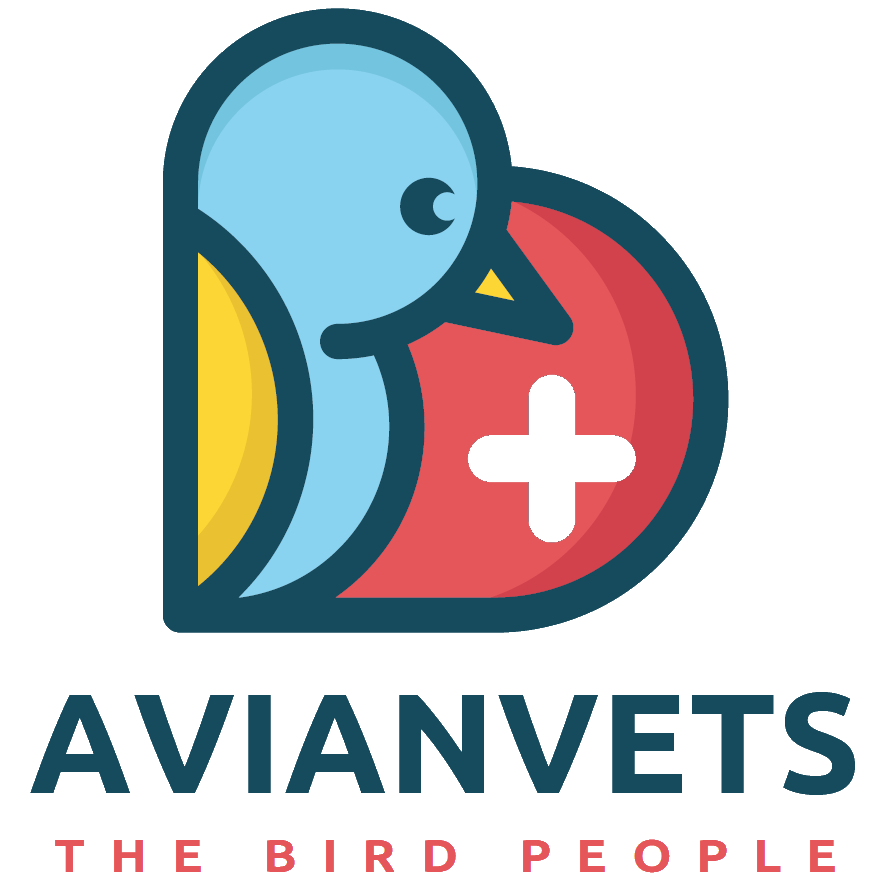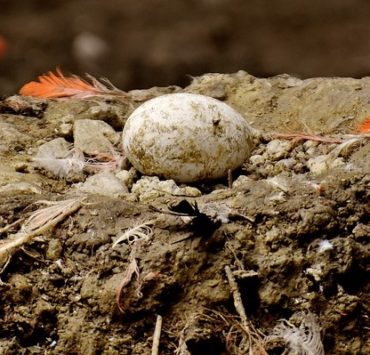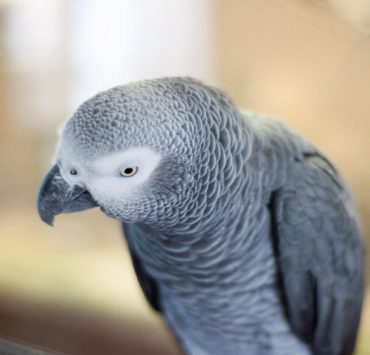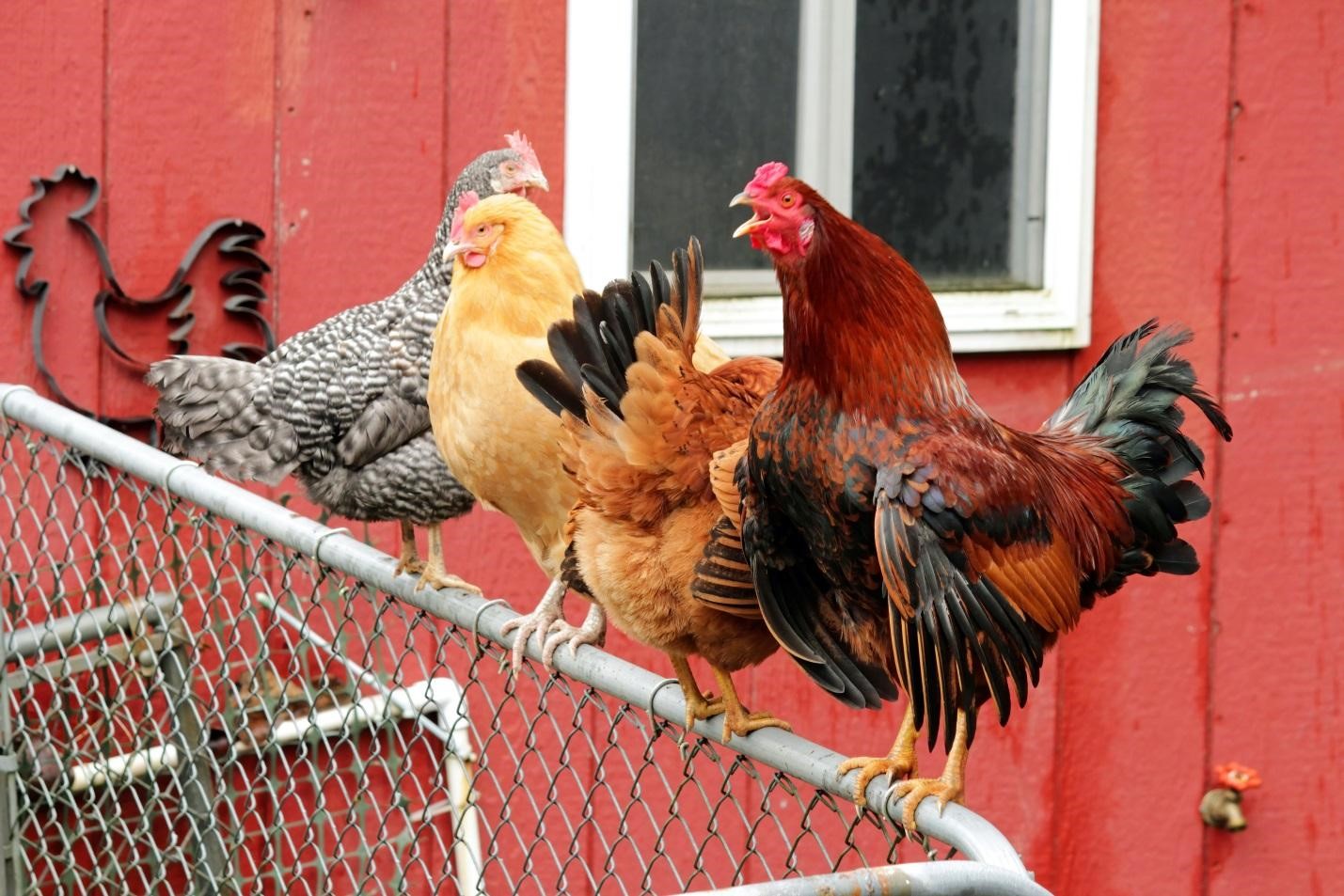
If you keep chicken, regularly worming them comes with the territory. However, for most bird owners, knowing the proper dosage of Ivermectin to administer to treat worm and mite infestations can be confusing with all the conflicting information online.
Too little, and it might not completely eradicate the problem. Too much, and it’ll end up doing more harm than good. In some cases, it might even result in sudden death. The sweet spot lies somewhere in between.
What is Ivermectin, and what is it used for? This article explores everything you need to know about it.
What Is Ivermectin Used For
Ivermectin is the clinical name for an anti-parasitic drug used to treat a wide range of tropical diseases.
This Food and Drug Administration (FDA) –approved medication has several applications in the treatment of bird and livestock-related ailments. It belongs to a class of drugs referred to as anthelmintics. These work by first paralyzing the parasites before killing them.
It eradicates several different kinds of internal and external parasites in pets and commercial animals. It is especially effective against popular species of bird mites, including air sac mites, scaly leg mites, and fowl cyst mites.
Ivermectin for birds also kills off most species of adult roundworms, the most common ones being the large roundworm, cecal worm, and Manson’s eye worm.
It is also remarkably effective in getting rid of threadworms and lungworms. Although it kills most worm species, it’s important to keep in mind that Ivermectin does not get rid of tapeworms.
How Do Birds Get Mites
Mites can be extremely detrimental to the well-being of birds and poultry. They inhabit feathers and quills before eventually burrowing through the skin to live off the subcutaneous tissue.
These may cause widespread bird mite dermatitis, which results in the thickening and, in severe cases, disfiguring of the skin.
Despite your best efforts to keep your chicken coup or birdcage clean, birds can still get infested with mites, although it is not as common as you might think.
If they come into contact with other birds that have them, mites can get transferred that way. You might also pick them up from handling infected birds and transfer them on to your feathered companions.
Fortunately, mites don’t survive too long if they’re not attached to an avian host. That’s why regular cleaning and disinfecting of birdcages and chicken coups minimizes the chances of stray parasites infecting your flock.
Ivermectin is the most effective bird mite treatment for eradicating these kinds of infestations.
Ivermectin for Chickens
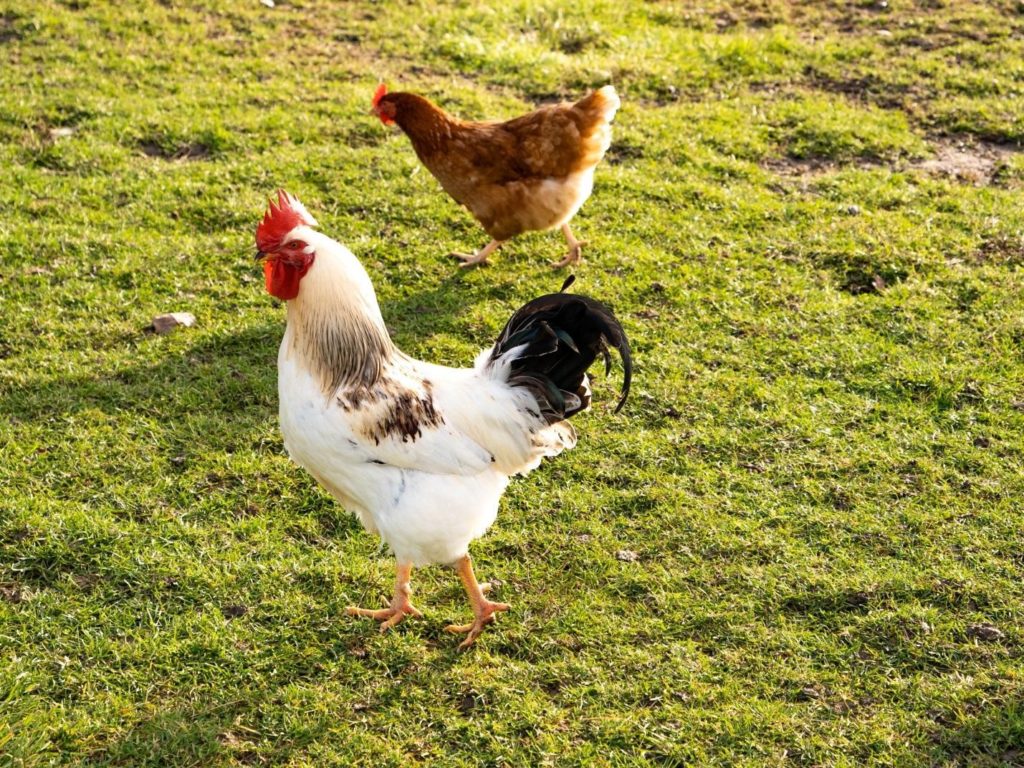
If your flock is showing signs of a mite infestation, your vet will recommend using an Ivermectin-based medication, which may be in the form of a spray, powder, or pour-on solution.
It can also be administered orally or by injection. Keep in mind that intramuscular administration of Ivermectin can be fatal for smaller or younger birds, so oral or topical dosing is generally recommended.
You’ll also want to steer clear of using the so-called “mite-protectors” you may have come across.
Paradichlorobenzene, the active ingredient used in these substances, is highly carcinogenic when inhaled by birds. It is also known to cause irreversible liver damage, which is detrimental to your bird’s health.
While treating your avian friends for mites, be sure to thoroughly clean their cages and pens. It may also be a good idea to have an exterminator professionally spray your home and backyard.
How to Administer Ivermectin
There are several ways to administer Ivermectin. For smaller birds, you will need to dilute it for safe oral dosing. The recommended dilution ratio is 1:4 for Ivermectin 1%.
For mature birds, you can inject the bird with the recommended dose of the drug. Vets recommend mixing it with propylene glycol first before you do. The recommended mixing ratio of Ivermectin to glycol is 1:3.
Alternatively, since Ivermectin 1% is water-soluble, you can mix it in your birds’ drinking water. The recommended dilution ratio for mature birds is 1:2.
Use this as your birds’ only water source for two days, and then repeat in 10-day intervals for three to six treatments.
The other option would be to use the pour-on variant of Ivermectin. It is oil-based and has a concentration of 5%. This is administered on the bird’s shoulder or neck in drops.
The recommended dosage is as follows:
- 1-2 drops for small chicken
- 3-4 drops for average-sized birds
- 5-6 drops for large fowl
You’ll need to do this for three consecutive days and repeat once more after seven days. The next logical question would be where to buy Ivermectin 1%.
While the drug is available in most pet pharmacies, it is a prescription-only drug. Your veterinarian will have to examine your bird and decide that Ivermectin is right for them.
That being said, more dilute concentrations of the drug are available over the counter. They may not be as fast-acting as their 1% variants but work well in mild infestations.
A quick online check reveals that the Ivermectin cost for 0.02-0.1% concentrations range between $20 and $50 for a 1.9 oz. (55ml) bottle.
Side Effects of Ivermectin for Birds
For the most part, poultry species appear to tolerate Ivermectin quite well when injected or administered orally and topically.
This, however, isn’t the case with other bird species like canaries, parrots, parakeets, and finches, particularly when applied topically.
Some of the symptoms of Ivermectin poisoning include:
- Abdominal swelling
- Blindness
- Coma
- Depression
- Diarrhea
- Disorientation
- Pupil dilation
- Trembling and shaking
- Tremors
- Uncoordinated movement
- Sudden death
Younger birds tend to be more sensitive to the effects of Ivermectin. Overdosing almost always results in fatalities. As a rule, you should only administer 2.5mg of the drug per lb. of your bird’s body weight.
Any eggs laid by hens while on Ivermectin treatment should not be consumed. An egg withdrawal period of 10 days after the last round of treatment would be ideal.
Talk to an Expert
Ivermectin is arguably one of the most effective drugs for treating internal and external parasite infestations.
It is available in various concentrations as an injectable, as well as for oral and topical administration.
If it looks like you might have a worm or mite infestation on your hands, use our online Vet Chat to consult with a licensed veterinarian today.
